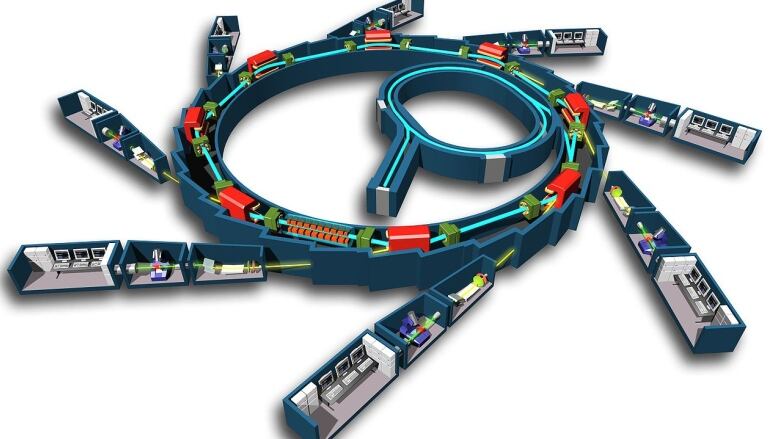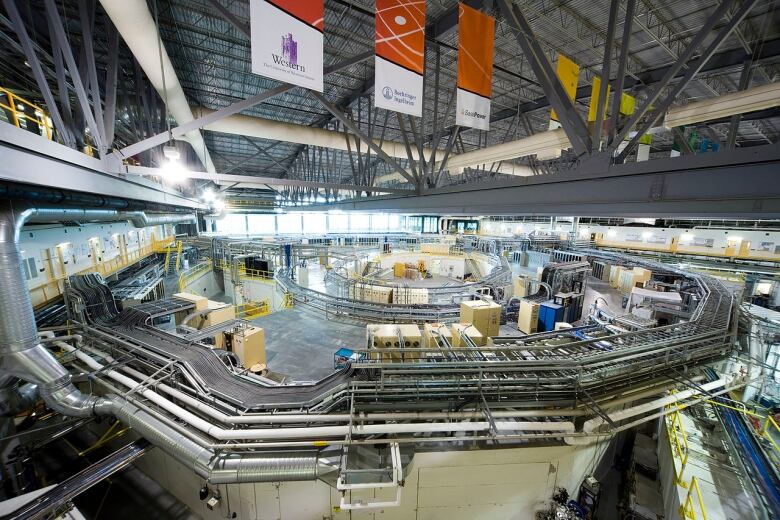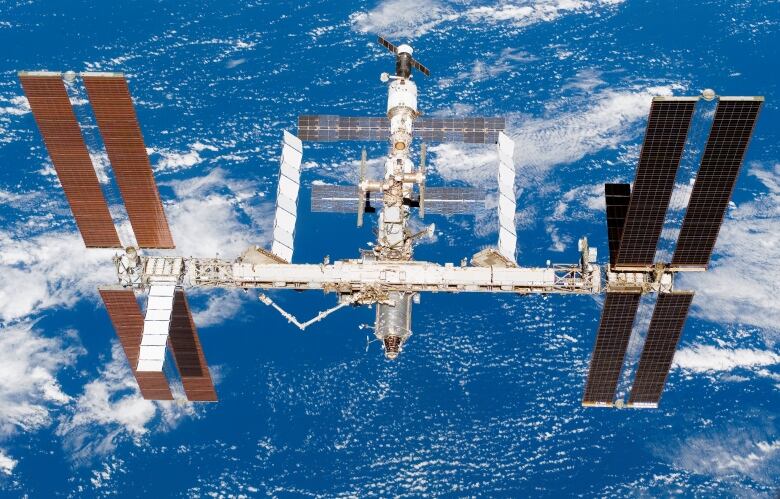Science knows no borders in the Middle East: Bob McDonald
New particle accelerator in Jordan is an unusual cooperation between countries

The first synchrotron light source in the Middle East officially opened in Jordan, bringing together countries that have traditionally been in conflict for the sake of fundamental science.
The project is called SESAME, which stands for Synchrotron-light for Experimental Science and Applications in the Middle East. A light synchrotron is a kind of particle accelerator a large ring of powerful magnets that boosts electrons to tremendous speeds, which then produces extremely powerful beams of light. These devices can act as a gigantic microscope. The beams can be used to illuminate materials ranging from contaminants in river water samples to the molecular structure of drugs to fine details in ancient manuscripts.

The project was proposed 20 years ago and has suffered delays and funding problems because of those political differences, but in the end, the values of science prevailed. The name, SESAME, is in reference to the magic phrase "Open Sesame," from the story of Ali Baba and the 40 thieves, and is meant to symbolize the open nature of the project. The founders also hope to encourage young scientists in the Middle East to stay in the region, and reduce the brain drain of talent to Europe and the United States.
So far, $90 million has been invested in SESAME from both the member countries and organizations such as CERN, which operates the Large Hadron Colliderin Switzerland, and UNESCO. This international project, along with the International Space Station, which involves more than 15 countries,are wonderful examples of how political differences can be put aside for the sake of doing good science.

In fact, the International Space Station is a great example of this kind of peaceful cooperation. It began as an all American project called Freedom in the 1980s. But the emphasis shifted with the end of the Cold War, and so to build it, the U.S. joined forces with its former space rival, Russia, as well as a team of several other nations, including Canada. The modules that make up the current orbiting laboratory were made in the U.S., Russia, Europeand Japan with Canada providing the robotic arm Canadarm 2and Dextre.It continues to be a truly international collaboration, despite political tensions between the U.S. and Russia.
Ideally, science should know no borders. It is an effort to understand how the world works from the tiniest quarks out to clusters of galaxies at the edge of the known universe. Because it is trying to understand nature as a whole, and because it affects the planet as a whole, it should be a global effort. In the current climate of nationalism and isolation, perhaps politicians can learn a lesson from science and work together internationally for the common good.












_(720p).jpg)


 OFFICIAL HD MUSIC VIDEO.jpg)
.jpg)



























































































